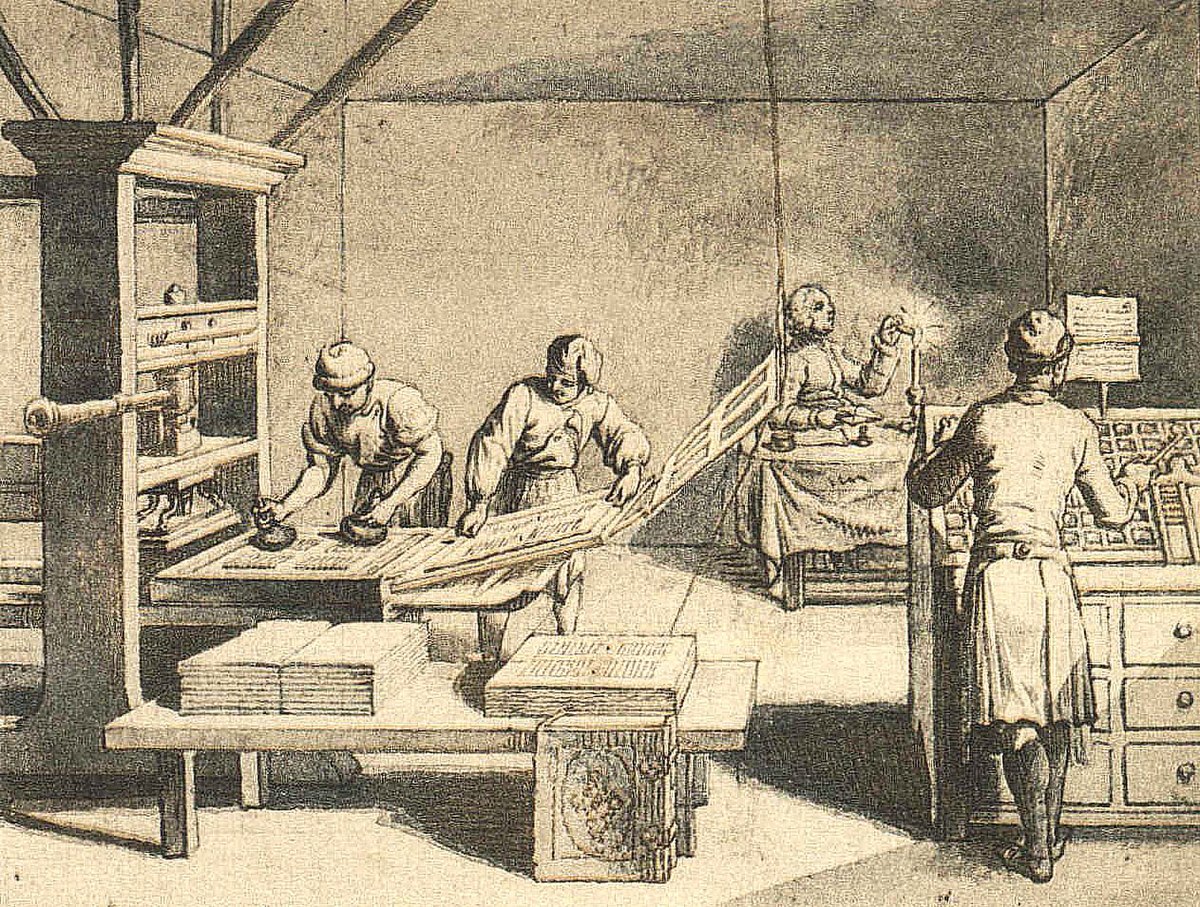Freedom of Speech is not something in which we've always had the pleasure of being able to use. Up until the early 19th century, it was common for those to be censored if it went against popular opinion/ the government. It is because of this that the breakthroughs of Jefferson, Madison and others are so greatly recognized. Jefferson was one of the authors of the document that came before the First Amendment itself, serving as an early version before it became official. Madison was clearly pro-First Amendment, as he refused to silence the press about the war. Through the emergence of the First Amendment, we as a country have grown to appreciate the rights that we deserve.
Of the 8 Expressions of Free Value, I feel that Individual Self Fulfillment, the idea by C. Edwin Baker, resonates most with me. It elaborates on freedom of speech stating that it allows us to express our own creative identities. Without this, we would not have the different types of creative writing styles we have all come to know and love.We can connect the modern-day use of social media to the idea of Individual Self Fulfillment. On these platforms, you can choose to display your own style/aesthetic, which allows others to gain insight on who you (want to) display yourself as. This takes us back to the idea of Individual Self Fulfillment as it was used to express identity before the days of sharing a photo on the internet.




